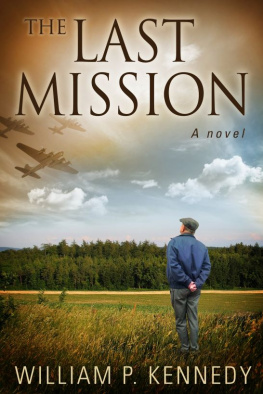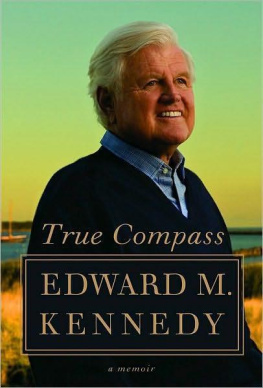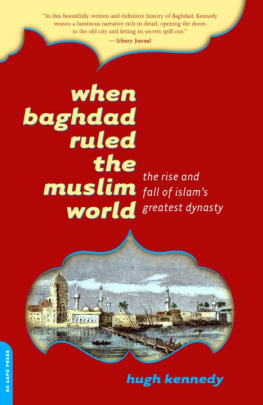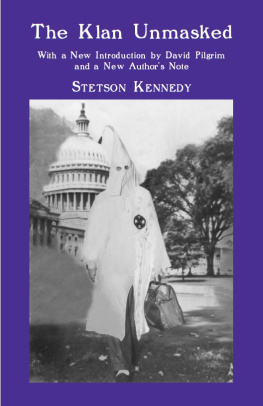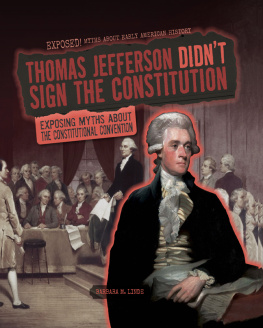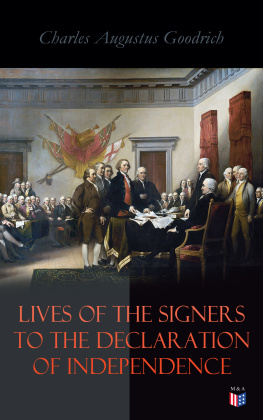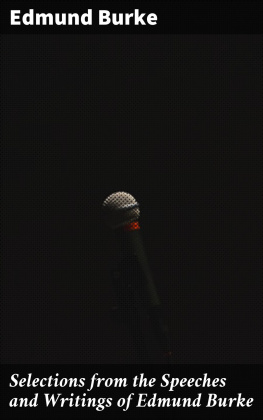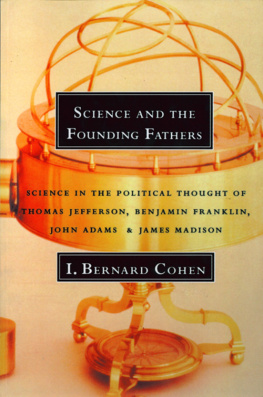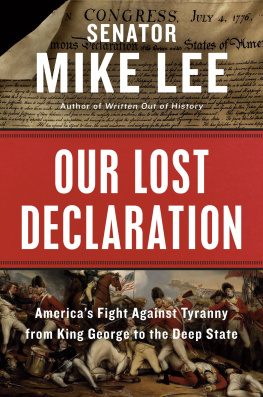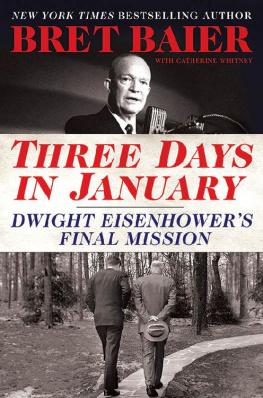The Last Mission
by William P. Kennedy
The Last Mission
A Novel
All Rights Reserved 2013 by William P. Kennedy
No part of this book may be reproduced or transmitted in any form or by any means, graphic, electronic, or mechanical, including photocopying, recording, taping, or by any information storage retrieval system, without the written permission of the publisher.
In Memory of Francis J. Kennedy
First Lieutenant, United States Army Air Force
March, 1943
Scott found the rubble irresistible. The rear brick wall was still more than a story high, its top an uneven course that looked like the rampart of a castle. There were split rafters to climb and enough debris piled up so he could easily look out from the highest point over his imagined kingdom. Or he could go down to the dungeons. The concrete flooring had collapsed on top of vertical posts and was suspended like the canvas of a tent. He could go down under it, and then follow any of the tunnels created by the random fall of the bricks. One of the tunnels opened into a large space, illuminated by streaks of light. Scott could pretend it was light through the barred window of a prison cell.
He knew he had to be careful. The bomb blast had undermined the entire structure, so there were constant rock slides of debris down into the tunnels. The side walls were leaning inward, as if they might collapse at any moment. Local wardens had decided it was too dangerous for amateurs to raze and left it for professional demolition crews. All they had done was rope off the area and post danger signs at every corner.
Were not to go in there, Scott, his sister warned from behind him.
Were not going in. Just looking about, he answered. Somehow the eight-year-old boy had to distract his little sister. Sarah had a habit of telling his mother of Scotts every transgression. His mother had been stern when she ordered the children to keep away.
Why dont they knock it down? all the women in the neighborhood were asking. Therell be a little one hurt in there before you know it.
Scotts father had explained on several occasions over the past few weeks that all the professional crews were off building airfields. Theres a war, and we have to tend to it ourselves until the authorities get around to it.
Norwich had been bombed. The German Heinkels and Dorniers had started with the military airfields, trying to destroy Fighter Command, then they had shifted their missions to the major cities. London had been hammered, and the Thames docks set afire. Coventry was gone. Even Liverpool, clear across the island, had been hit. Norwich, in the center of East Anglia, didnt seem important enough to bomb, but it had the misfortune of lying directly in the path of German planes coming over from their bases in Belgium and Holland. It had become a convenient place for damaged Germans to lighten their loads on the way home. It was also a popular alternative target for missions flown into the Midlands that were frustrated by weather. As a result, Norwich had been hit heavilyfor no particular reason. Buildings were blown up in an absolutely random pattern, all across the city.
But that was all in the past. The cost of bombing raids over England had become prohibitive by early 1942. Heinkels and Dorniers were no match for Spitfires and Hurricanes. German fighters were notoriously short-legged, and couldnt provide escort on inland missions. By early 1943 there were only a few German planes. An occasional bomber or transport crossed the channel to parachute spies and saboteurs, but these were quick jabs by one or two planes in the middle of the night. The people of Norwich had learned to ignore the warning sirens. The damaged buildings were razed and raked over. Roads were repaired. The German bomb threat was pretty much forgotten.
And then came this. Probably a pair of light, fast bombers striking at a single strategic target. Maybe one of the coastal radio stations used to guide Allied attacks into France, Belgium, and Holland. Or Churchills bunker in the heart of London. Whatever the destination, and for whatever reason, one of the planes turned back and kicked out its bomb load over Norwich. The unexpected blast had blown half the city out of bed. Antiaircraft guns were manned. Wardens drew their pistols. Roadblocks were set up. By morning, the full extent of the damage could be seen. A single buildingactually a garage for repairing and storing carshad taken two two-hundred-pounders through the roof. What was left was the shell of the brick wall surrounding a hole filled with debris.
Scott, Mummy told us not to go in.
He was standing just inside the line, his shoes coated with the powdery cement. His only hope was to make her an ally.
Do you see what I see, Sarah?
What? She stepped toward the line.
I cant tell you. You have to see it.
The little girl ducked her head under the rope. Where? She took a step toward her brother. Where should I look?
He pointed his finger. Down at the bottom of that tunnel. Come here and Ill show you. Scott started forward and Sarah followed cautiously.
We cant go down there, Scott. Mummy said.
Not all the way. Just down past that wooden post.
It could fall in on you. Sarah tried to sound the warning, just as her mother had. All those rocks could fall down and crush you.
Im not going under all the wayjust as far as that wooden post.
He stepped down into a hole and ducked under the beam. There were two tunnels. One went to the right, into the room where the light seemed to come from the bars of a prison window; the other turned left and dropped down quickly into a dark, dusty opening. Sarah stooped in next to him. Where shall I look, Scott? What am I supposed to see?
Down here, he said, pointing to his left. Its just a speck further.
Im afraid. Were not supposed to be in here.
You wait right here, Sarah. Ill bring it back up for you. He sat on a foundation that marked the edge of the hole, then he pushed forward and let himself slide down a few feet. He had to crouch down again to fit through a masonry arch. Now there were two more paths: a steep shaft that fell to his right and a small chamber straight ahead, the enormous roof of debris held up by a broken beam. He edged himself forward into the darkness, just far enough to see if there were any more lighted rooms.
I see her, Sarah said from directly behind him. She had followed him through the arch.
You shouldnt have come this far. Go back out and wait for me. Ill just be a minute.
Well, I see her, and I think she looks frightful. Like an old witch.
He turned. Who looks like an old witch?
Her. With a fat little finger she pointed down the steep shaft. The lady.
Scott turned carefully and looked over his sisters shoulder. A chalky white face, with red lips and deep-set black eyes, looked back up at him. He gasped in surprise.
We have to go now, Sarah insisted. She put her arms on the ledge, but she couldnt pull herself up. Scott wrapped his arms around her legs and lifted her. She stepped carefully under the arch and made her way back up the tunnel.
The boy turned back for another look at the staring face. It was a woman, lying in a heap, with one leg and one arm folded awkwardly under her and the other leg and arm spread out. Her black dress was up over her hip, so that white skin showed over the top of her stocking. It looked as if she had fallen and was still lying exactly where she had landed. The neck was twisted, with the face turned upward. Her hair was spread out over a dark stain in the dust. Scott could see that one sleeve of her dress was torn at the shoulder.
Scott, we have to go home.
Im coming, Sarah.
She was already past the rope and skipping toward their house when Scott came up from the tunnel and stood, brushing himself off. She would certainly tell their mother exactly what she had seen, and that would make it clear that they had violated her standing order not to play in the rubble of the bombed building. He ran after his sister, hoping to convince her that this should be their secret. They had joined in a conspiracy before they stepped through their front door, but the conspiracy didnt last as far as the kitchen.

